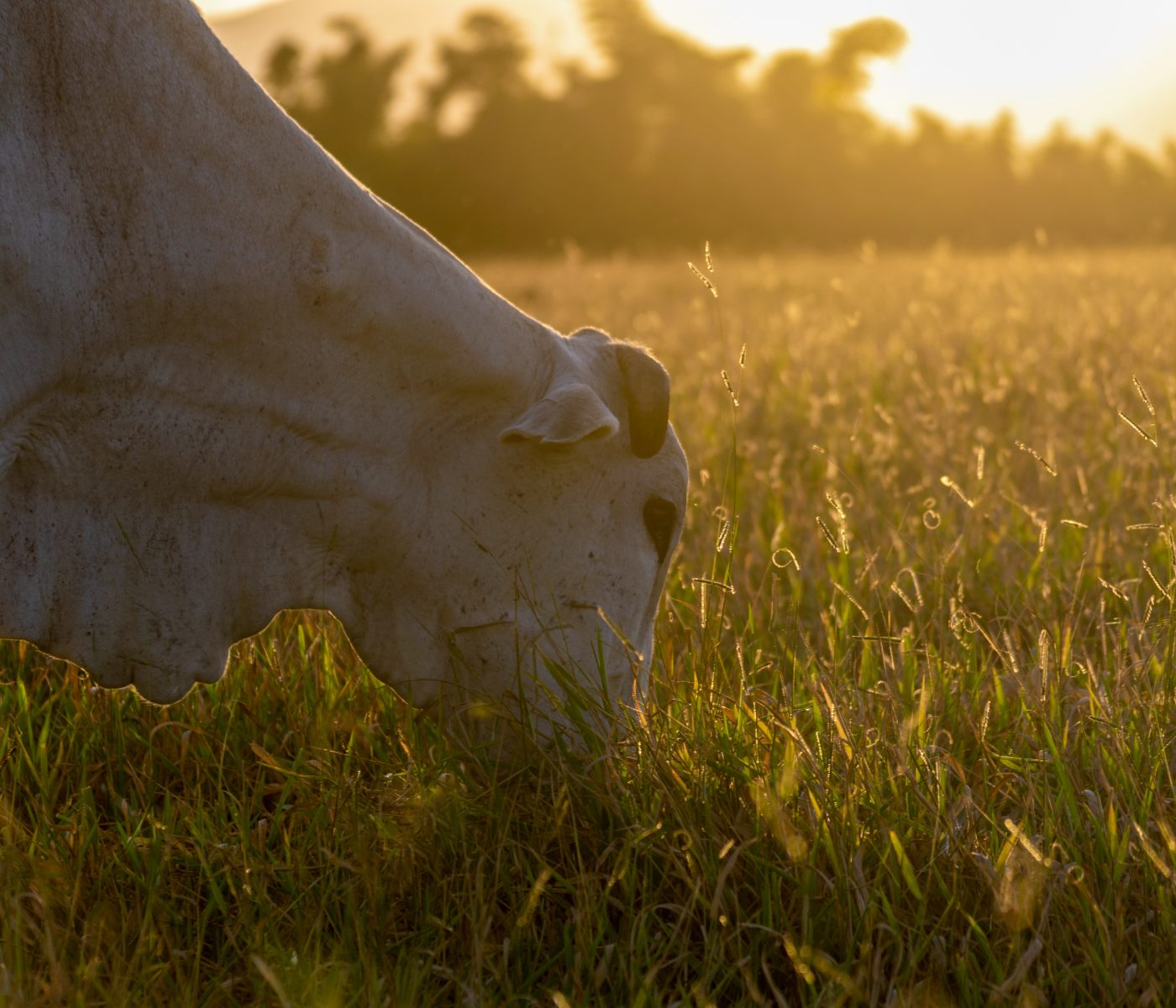To calculate these impacts, the study considers changes in sector dynamics driven by responses to climate change.
 23 Jun 2024
23 Jun 2024
Climate Change Responses Could Cut Brazil’s Beef Production by 25% by 2050
To calculate these impacts, the study considers changes in sector dynamics driven by responses to climate change.
Government, consumer, and private sector responses to climate change could reduce beef production in Brazil by 25%, according to a report from the consultancy firm Orbitas.
To calculate these impacts, the study considers changes in sector dynamics driven by responses to climate change. These include:
1- Stronger domestic climate goals and policies
2- International climate-focused regulations and restrictions
3- Innovation and competition driven by climate technology
4- New dynamics in emerging markets related to climate change
In analyzing this impact, the research indicates that changes in consumer preferences and rising prices would decrease demand for ruminant meat— including cattle, goats, sheep, among others— by 38% domestically and 5% globally by 2050.
Another factor is the increasing competition for land, driven by policies aimed at combating deforestation, markets that reward landowners for conserving or restoring natural habitats, and the demand for agricultural inputs for alternative proteins.
This trend would result in a 37% reduction in pastures, as well as increased land prices and production costs. The combination of these factors would lead to a 25% decrease in production.
According to the study, if livestock farmers do not improve production efficiency through new technologies, sustainable management practices, or revenue diversification, they could face losses of more than R$ 775 per hectare by 2050.
Furthermore, the impacts of climate transition are more significant for less efficient producers, those with lower technology levels and farther from vital supply chain infrastructure, including slaughterhouses and highways.
It is estimated that these producers risk facing financial losses as early as 2030 if they do not adapt to climate transitions. Producers in the Northern region, whose profitability is twelve times lower than their Southern counterparts, are more vulnerable.
Aside from vulnerabilities, the likelihood of financial losses due to economic shocks in climate transitions could exceed 80% in much of the Brazilian livestock sector by 2050.
Mitigating the effects
The report argues that mitigating risks will require investments in production efficiency—without expanding land use. To remain profitable, most livestock farmers will need to sustainably intensify production.
According to the consultancy’s assessment, entities investing in environmental technologies, adopting sustainability-oriented land management, and diversifying revenues could benefit from climate transitions and capitalize on higher prices offered by export markets focused on sustainability.
A projected 88% increase in agricultural investment would increase average yield per hectare for cattle breeders by 18% between 2020 and 2050, enabling producers to enhance production on existing lands.
The ability of Brazilian producers to access these opportunities, the research says, will depend on financiers and the Brazilian government continuing and increasing investments that help producers achieve sustainable production goals and diversify revenue.
Source: CNN Brasil
You may also like to read: “Navigating Towards Sustainable Livestock Production”
Subscribe now to the technical magazine of animal nutrition
AUTHORS

Nutritional Interventions to Improve Fertility in Male Broiler Breeders
Edgar Oviedo
The Use of Organic Acids in Poultry: A Natural Path to Health and Productivity
M. Naeem
Synergistic Benefits of Prebiotics and Probiotics in Poultry, Swine, and Cattle
Gustavo Adolfo Quintana-Ospina
Hybrid Rye Potential in Laying Hen Feed Rations
Gwendolyn Jones
A day in the life of phosphorus in pigs: Part I
Rafael Duran Giménez-Rico
Use of enzymes in diets for ruminants
Braulio de la Calle Campos
Minerals and Hoof Health in the Pregnant Sow
Juan Gabriel Espino
Impact of Oxidized Fats on Swine Reproduction and Offspring
Maria Alejandra Perez Alvarado